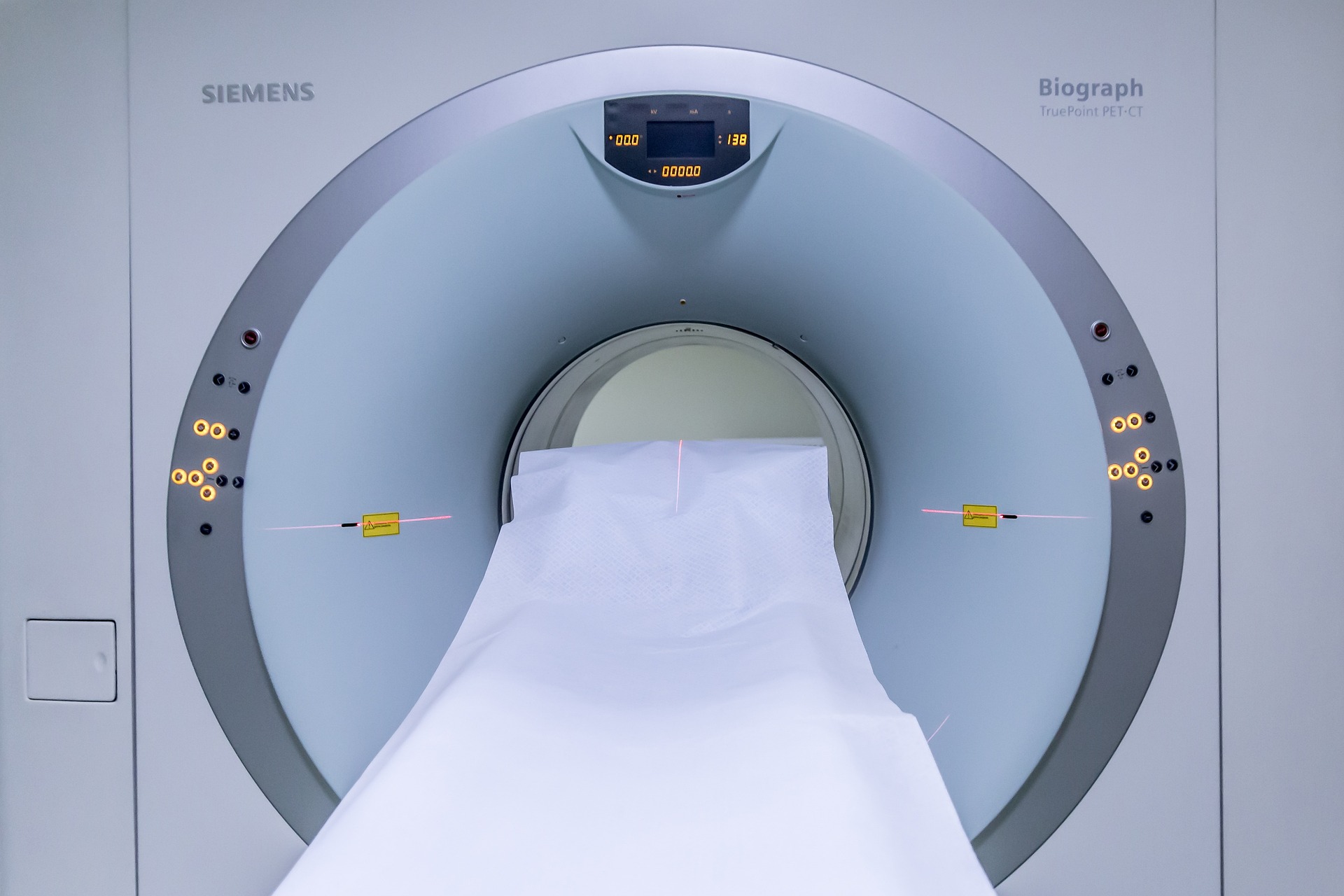As the central service provider for Ulm University, we provide relevant information and services for our researchers – for example, on open access, high-performance computing, and library and IT services.
Prof. Steffen Wendzel
Communication and Information Centre (kiz)














